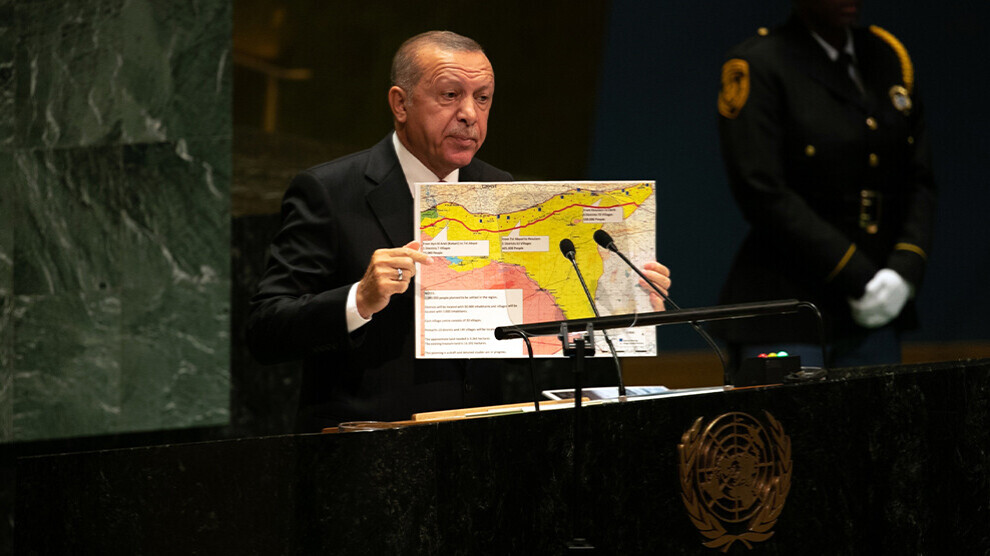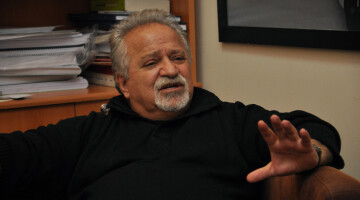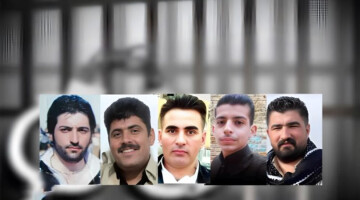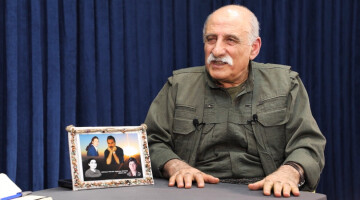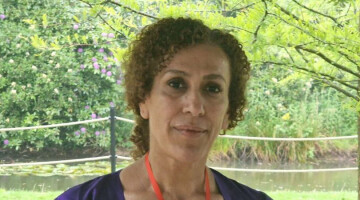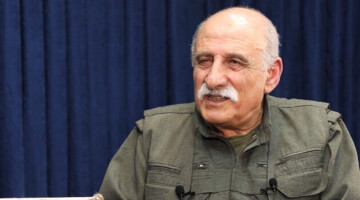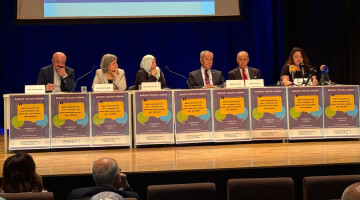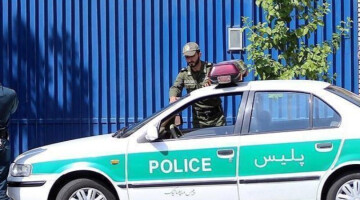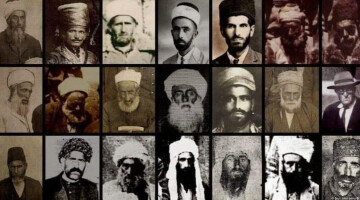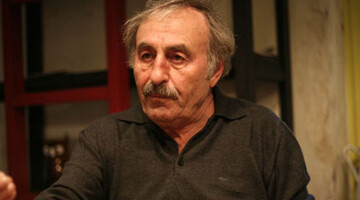Turkey, as a NATO state, is waging wars of aggression in Iraq and Syria in violation of international law and is committing war crimes and crimes against humanity through targeted attacks on the civilian population and the use of chemical weapons. In recent weeks, members of all parties of the traffic light coalition in Germany have publicly taken a stand on this, especially with regard to the aspect of the breach of international law.
Most recently, the foreign policy spokesperson of the Green Party in the Bundestag, Jürgen Trittin, stated the following on 8 December in response to a question from the "Defend Kurdistan" initiative: "We view the security situation escalated by Turkey on its southern border with great concern. The attacks by the Turkish air force on positions of the SDF/YPG in northern Syria and the PKK in northern Iraq are contrary to international law and violate the state sovereignty of the neighbouring states. The reference to the devastating bombing in Istanbul and the right to self-defence does not hold water. International law does not recognise the right to retaliation. The defence against the threat of further attacks has not been proven. The investigations after the attack in Istanbul must be conducted according to the principles of the rule of law. The fact that the results were not awaited and made transparent raises doubts about the justification for the attacks. The insinuations made by the Turkish Minister of the Interior against the NATO partners USA and Greece as alleged instructors and flight destinations of the suspected attackers have more to do with election campaigning than with hard investigative work."
ACTIVISTS DEMAND CONSISTENT ACTION
The statement was requested by Defend Kurdistan and Women Defend Rojava, as activists in Göttingen handed over background information in offices of the Greens and the SPD and demanded consistent action against the Turkish attacks. The demands included an application by the Federal Republic of Germany to the Organisation for the Prohibition of Chemical Weapons (OPCW) for an independent investigation into the poison gas attacks in Kurdistan, the establishment of a no-fly zone over Rojava, an immediate arms embargo against Turkey and Iran, and the lifting of the PKK ban.
ERDOGAN SHOULD NEGOTIATE WITH KURDISH REPRESENTATIVES
Trittin went on to say: "Turkey is a member of NATO and this doubly obliges it to observe the rules of international law. Military attacks on neighbouring states violate international law. We once again condemn the occupation and ethnic cleansing of parts of northern Syria that has already taken place. Further plans by the Turkish president to establish a 30 kilometre deep 'security zone' in northern Syria are unacceptable. Like the threatened ground offensive, they would lead to a negligent escalation of the situation and further human suffering. As a consequence of the tensions that have been going on for years, we call on President Erdogan to withdraw his military plans and to start negotiations with the Kurdish political representatives in Turkey."
AN ARMS EMBARGO WOULD CHANGE NOTHING
According to Trittin, an arms embargo against Turkey would have little effect: "Due to Erdogan's unpredictable policies, German arms exports to Turkey have been sharply reduced since the Turkish invasion of northern Syria in 2019. This applies in particular to large-scale systems and other weapons of war. We stand by this restraint, as underlined by the clear words of Federal Foreign Minister Annalena Baerbock during her visit to Turkey. A formal arms embargo against the NATO member state would change practically nothing and have little impact on Turkey's current military capabilities."
NO HOPE FOR A NO-FLY ZONE
Trittin also considers a no-fly zone to be out of the question: "Further measures depend to a large extent on a unified approach by NATO countries against their own member. In this respect, I cannot give you any hope of a no-fly zone in an area where the air force to be eliminated for this purpose belongs to a NATO member. And where the airspace in Iraq and eastern Syria is controlled by the US, and in the rest of Syria by Russia."
THE GREENS' POSITION ON THE PKK BAN
Regarding the demand to lift the ban on PKK activities in Germany, Trittin remains faithful to his party's line since the 1990s, stating, "Since the attribution of the attack to the PKK (let alone the YPG) by Turkey has not been proven, I see no reason to link it to a lifting of the PKK ban. Regardless of Erdogan's actions, a renunciation of terrorist practices by the PKK would not only be highly desirable, but also a prerequisite for no longer being listed as a terrorist organisation and banned in Germany."
EU MEASURES AGAINST TURKEY
According to Trittin, it seems more important to him "to increase the economic pressure on Erdogan" than the debate about the PKK: "If escalation continues in Kurdistan, if the rights of the EU and Greece continue to be violated in the Western Mediterranean, if the UN arms embargo against Libya continues to be disregarded, measures such as a stop to export and investment guarantees in Turkey must be put on the agenda of the European Union."
STATEMENTS BY OTHER POLITICIANS
Before Jürgen Trittin, numerous other politicians took a stand against Turkey's military aggression in Kurdistan. Martin Schirdewan, co-chairman of the Left Group in the European Parliament (GUE-NGL) and co-chairman of DIE LINKE, called for an arms embargo as a consequence. Gregor Gysi of DIE LINKE, the federal leader of Bündnis 90/Die Grünen, Omid Nouripour, as well as the foreign policy spokesperson of the FDP, Ulrich Lechte, condemned Turkey's war of aggression as contrary to international law.
Federal Foreign Minister Annalena Baerbock called on Turkey to refrain from a ground offensive in northern Syria and military action in northern Iraq. Civilians must be protected and international law must be respected, Baerbock said. The USA also rejects an offensive.
MONITOR: SCHOLZ DID A BACKWARD ROLL
A statement by Chancellor Olaf Scholz from the office of the SPD party executive, however, caused irritation. In response to a question from the "Families for Peace" association, the statement said: "The attacks on Kurdish positions in Syria and northern Iraq are disproportionate and not covered by international law. In particular, the announcements of attacks as retaliation are irritating. We are concerned about possible civilian casualties in the affected areas and call on Turkey to stop the attacks."
This was also reported on by the political magazine Monitor in its well-researched piece "Syria: Erdogan's war against the Kurds". According to the report, Scholz "did a backward roll" on the same day: it was "only a political and technical response by the SPD party executive, the Chancellor had nothing to do with it".

